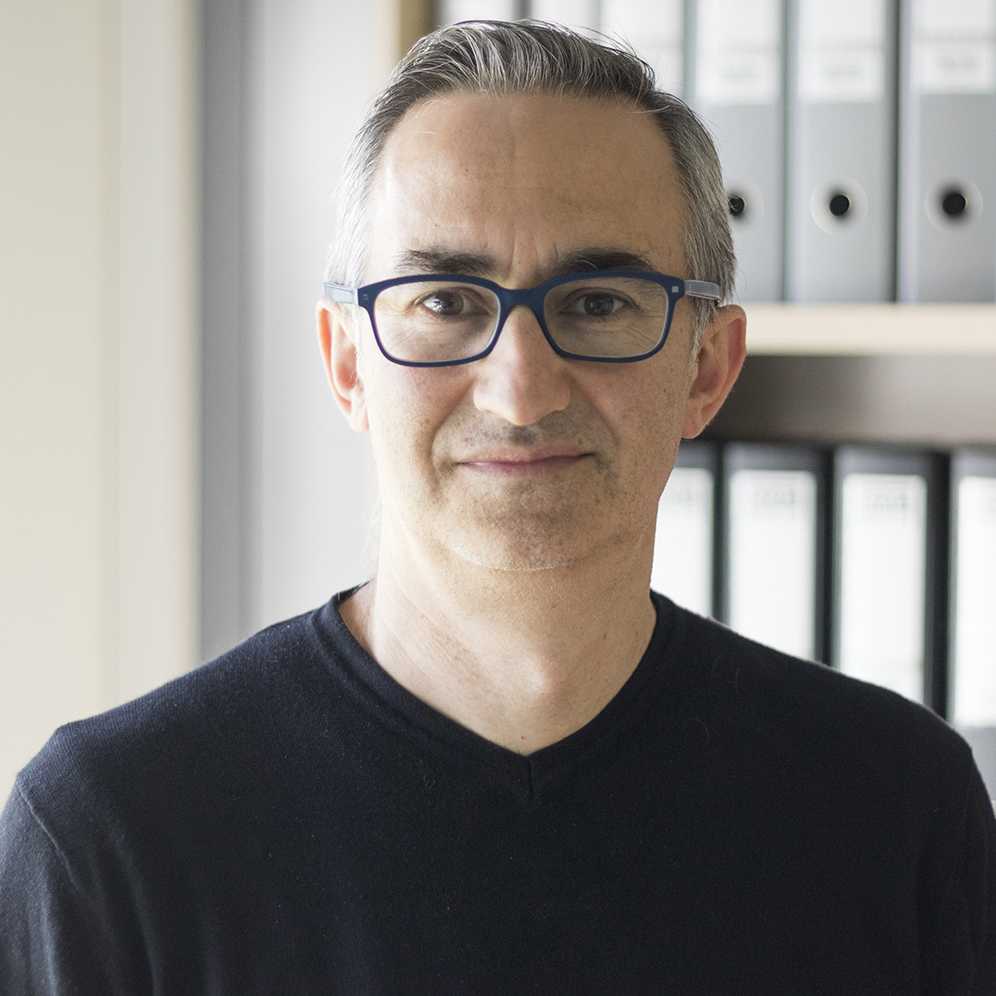 |
 |
We share our joy and pride for Julian's latest publication in the International Review of Sport and Exercise Psychology (IF 20.65), the journal with the biggest Impact Factor in Sport and the third biggest in Psychology.
Well done Julian!
This paper is part of Julian Fritsch's PhD, completed recently at the Department of Physical Education and Sport Science of the University of Thessaly, under the supervision of Professor Antonis Hatzigeorgiadis.
Julian Fritsch, Katharina Feil, Darko Jekauc, Alexander T. Latinjak & Antonis Hatzigeorgiadis (2022) The relationship between self-talk and affective processes in sports: a scoping review, International Review of Sport and Exercise Psychology, DOI: 10.1080/1750984X.2021.2021543
ABSTRACT
A perspective on self-talk introduced in the literature distinguishes between organic self-talk and strategic self-talk. Based on this perspective, the purpose of the present scoping review was to (a) give a comprehensive overview of studies investigating the relationship between organic self-talk and affective processes and (b) review the effectiveness of strategic self-talk to regulate affective processes. A systematic search was conducted with the databases PubMed, Scopus, Web of Science, PsycINFO, and SPORTDiscus. As a result, 44 articles with 46 relevant studies were included for an in-depth analysis. Thirty studies focused on organic self-talk and 15 on strategic self-talk, while one study focused on both. With regard to organic self-talk, the results indicate a relatively consistent concurrence of the valence of self-talk and affective processes. In addition, various functions of self-talk relate to emotion regulation. For strategic self-talk, intervention studies, which were limited to the regulation of anxiety, revealed mixed effects. Based on the results, we discuss how the integration of various established theories in sport psychology in the new self-talk perspective might facilitate a more systematic approach when studying the relationship between self-talk and affective processes.

